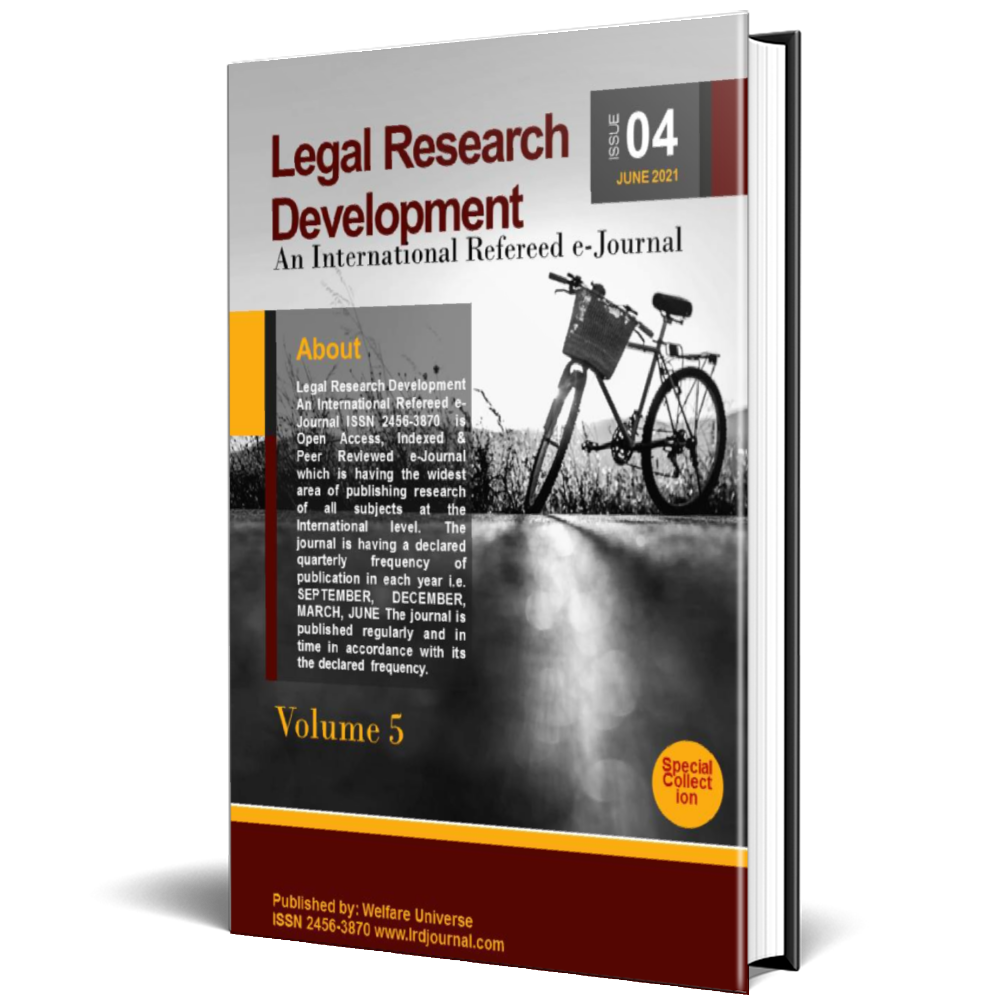
Privacy Statement
Protection of personal data
the protection of personal data, informs that all data entered in this magazine/Journal will be used exclusively for the purposes stated by the same and will not be available for any other purpose or any other person or entity.
Purpose
Your data will be used in connection with the role you undertake in the magazine, but will generally be used for notification, management, and publication of submissions. This data will not be shared with third parties and will always be visible to the editors and administrators of the magazine.
The journal has different roles, which are grouped into the following: Reader, Author, Reviewer, and Editor. Given that the purpose of the data depends on the role exercised in the journal, we show below the purpose of each of them:
- Reader: the data will be used for identification and notification of new numbers (the latter only in case the user allows notifications).
- Author: in addition to identification and notification, your data will be used for article management purposes by the editor. Once the article has been accepted and published, the name, surname, affiliation, ORCID, and biography will be indexed in the journal's databases and visible to the journal's readers and visitors, according to the signed agreement.
- Reviewer: due to the blind review, reviewers will at no time have access to the author's personal data. Your personal data will be consulted by the editors in order to be selected in the review process.
- Editor: The editor's personal data (first name, surname, affiliation, and country) are visible on the "Editorial Team" page for identification purposes.
- Administrator: the administrator of the magazine is a single role held by the Legal Research Developement technical team. This role is not involved in the editorial activity and can consult and edit all incoming data in the system for management purposes and to solve technical problems.
Retention period of your personal data
In general, the personal data provided by the user will remain in the database, unless the user expressly requests otherwise. In the latter case, we will apply the rights arising from the data processing.








